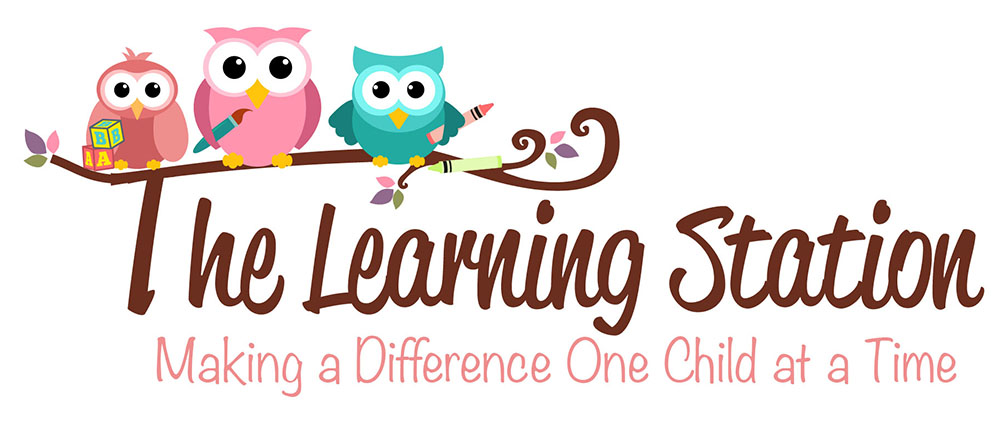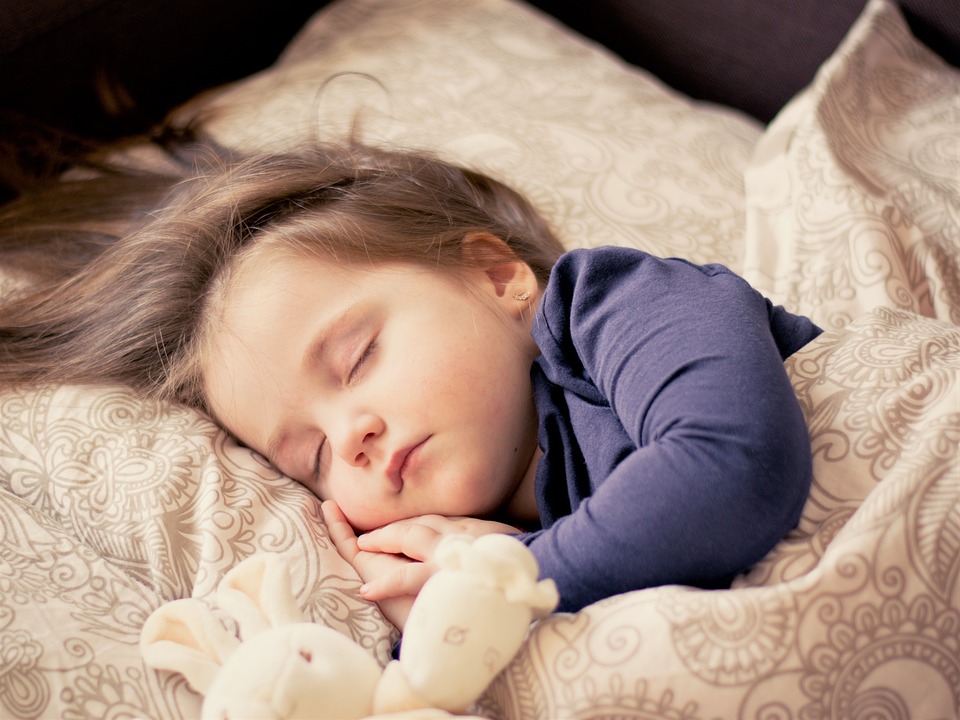A good night’s sleep is an important part of a healthy lifestyle, especially for young children. If you are a parent of a child under 5 years old, you know how important sleep is for mood stabilization and energy levels. To ensure your child is getting adequate sleep for their age, try implementing some of the methods below. Remember, the sleep habits they establish now can last a lifetime.
Be Active During the Day
Much like adults, daily physical activity promotes restful sleep in children. It has been estimated that for every one hour your child is inactive, three minutes will be added to the time it takes them to fall asleep. Physical activity also helps reduce stress thereby promoting longer, more sound sleep. Depending on the age of your child, visits to the park, walking, and outdoor games may be great ways to ensure a sound night’s sleep. If you child is still an infant, consider trips to the pool, stretching, or playing with toys that encourage activity (jumping devices can be excellent for this). Spending time doing outdoor physical activity will have the added benefit of increasing the daylight exposure that helps regulate circadian rhythm.
Develop a Routine
An established bedtime routine can help young children fall asleep, stay asleep, and wake-up at a set time. While there is no perfect bedtime routine, most early childhood professionals would agree that the evening should be a time for “winding down.” First, set a firm bedtime and stick to it — this can be particularly important for parents of toddlers. While your children may be hesitant at first, be patient and keep reinforcing the bedtime rule until it becomes second nature. It may also be helpful to establish an early evening routine such as eating dinner at the same time, brushing teeth, and preparing supplies for the next day.
Next, try including some calming activities in the two to three hours leading up to bedtime. Many parents find storytelling, reading, and baths to be particularly effective. For parents of children under 3, try sticking to the “Three B” rule — bath, book, bed. If your child is a bit older, your routine might include reading together, gentle singing, or calming audiobooks.
Limit Electronic Use
On the surface, a movie may seem like the perfect way to help your children wind down and fall asleep. While this may occur on occasion, it is more likely that the blue light from screens will disrupt circadian rhythms and make sleep more difficult. In essence, television and movies stimulate the brain and arouse the senses. In fact, for every hour of TV watched, children will lose about seven minutes of sleep. While this may not be significant, 15 minutes here and there during the day can hinder your child’s sleep. Children also have difficulty distinguishing fiction and reality, meaning they are more sensitive to content they deem “scary.” If you want to avoid the evening nightmare, try reducing the amount of daily television consumption.
Create a Sleep-Friendly Bedroom
Making your child’s bedroom a relaxing refuge will help prepare him/her for a restful sleep. Consider removing clutter and distractions such as tablets, noise-making toys, and various bright lights from your child’s room. This may mean adding some additional storage to remove these items from your child’s line of sight. If your child is sensitive to noise, be sure his/her bedroom window is closed in order to block out street sounds. Blackout curtains are also helpful if your child is sensitive to early morning light. For children who are fearful of dark spaces, consider purchasing a dim nightlight for his/her wall. Alternatively, some children prefer their door be left open slightly. As for his/her bed, try to make this space as comfortable as possible with soft blankets, clean pillows, and non-distracting stuffed toys.
Getting enough sleep is one of the most important things you can do to optimize your child’s health. Establishing a nighttime routine, limiting electronic use, and creating a sleep-friendly bedroom will make sleep easier for your children — and for yourself. Good luck on your journey towards a great night’s sleep!
There has been a critical error on your website.

